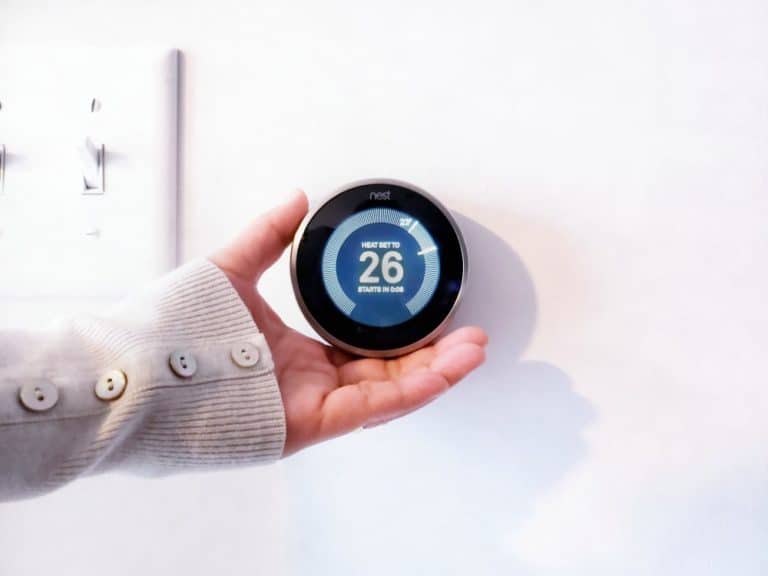Nest, a subsidiary of Google, forces various users to reset their passwords. Last Friday The Verge was the first to report that Nest has started to force people to reset their passwords.
At first, Nest kindly asked customers whose account might have been hacked to reset their passwords. However, it seems that few customers actually take the trouble. For this reason, the company is now forcing customers to change their passwords. Google neither confirmed nor denied that this choice was made as a result of a new data leak.
Change password
On Twitter, a user asked Nest if the e-mail he had received was real. Also this user had to change his password according to the mail. Nest only confirmed that the mail the user had received was legitimate. Nest also advises the user to use two-step verification, so that the account is extra secure.
It is therefore necessary for users to really act. If they are excluded from their Nest account, they will no longer be able to use the Nest app and will no longer receive notifications from their Nest devices. Mobile notifications if an intruder is in your home, or if your smoke detector detects smoke, do not come back in.
This is true. Please follow the instructions that are in the email so that you can get back into the app. Also the steps to activating 2-step verification are included in the email.
— Google Nest (@googlenest) February 15, 2019
Easy passwords
Problematic remains the fact that many users still use easy passwords. And if they have a difficult password, they often use it on various sites or services. Tim Mackey, a senior technical evangelist at Synopsis, talked to the SiliconAngle site about the problem he believes is inherent in passwords.
According to Mackey, it is simply too complicated for people to enter a strong password on mobile devices. Anyone who has a strong password has ever run into trouble filling in that password correctly on a mobile device, says Mackey. And then you run the risk of being disconnected from your account.
This news article was automatically translated from Dutch to give Techzine.eu a head start. All news articles after September 1, 2019 are written in native English and NOT translated. All our background stories are written in native English as well. For more information read our launch article.